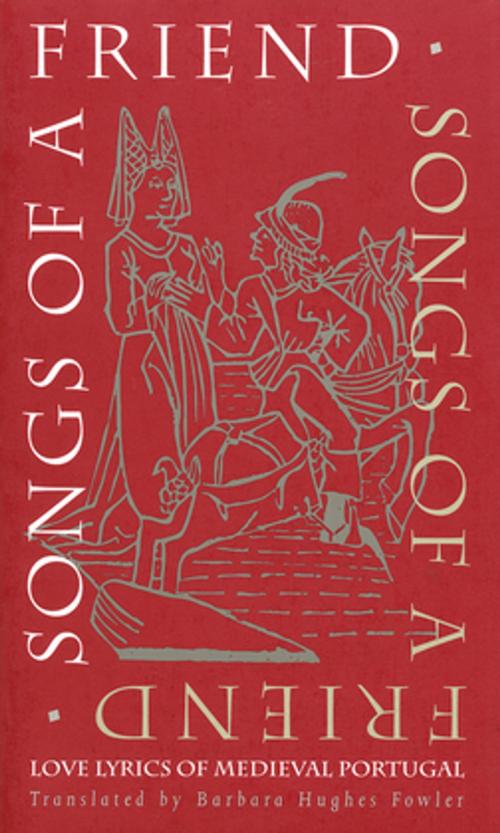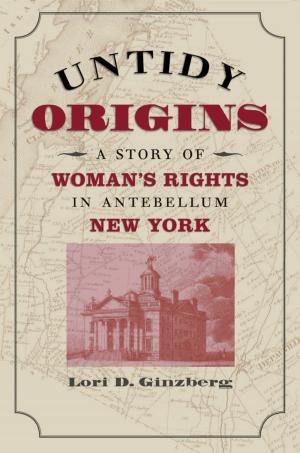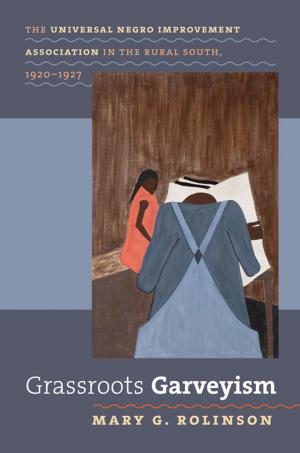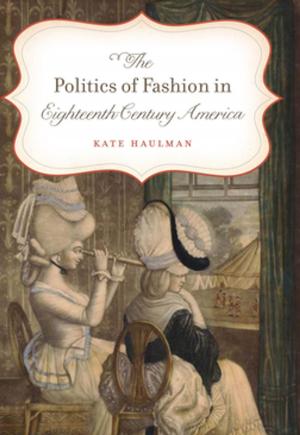Songs of a Friend
Love Lyrics of Medieval Portugal
Fiction & Literature, Literary Theory & Criticism, European, Spanish & Portuguese, Medieval| Author: | ISBN: | 9780807876008 | |
| Publisher: | The University of North Carolina Press | Publication: | October 12, 2005 |
| Imprint: | The University of North Carolina Press | Language: | English |
| Author: | |
| ISBN: | 9780807876008 |
| Publisher: | The University of North Carolina Press |
| Publication: | October 12, 2005 |
| Imprint: | The University of North Carolina Press |
| Language: | English |
Portugal enjoyed one of the richest and most sophisticated cultures of the Middle Ages, in part because of its vibrant secular literature. One popular literary genre of the twelfth and thirteenth centuries was the cantigas de amigo, love songs in which male poets wrote from a female perspective. More than five hundred of these mysterious poems depicting a young girl's love for an absent lover survive today. Until now, however, they have remained inaccessible except to a small circle of scholars. In her translation of nearly one hundred representative examples of the cantigas de amigo, Barbara Hughes Fowler recovers the beauty of these poems for the modern reader. Her accurate and elegant renderings capture the charming spontaneity of the lyrics and show them to be a uniquely appealing form of medieval literature. (excerpt of one of the poems) Lovely mother, I saw my friend but did not speak with him and so I lost him, but now I'm dying of love for him. I did not speak because of my disdain; I'm dying, mother, for love of him.
Portugal enjoyed one of the richest and most sophisticated cultures of the Middle Ages, in part because of its vibrant secular literature. One popular literary genre of the twelfth and thirteenth centuries was the cantigas de amigo, love songs in which male poets wrote from a female perspective. More than five hundred of these mysterious poems depicting a young girl's love for an absent lover survive today. Until now, however, they have remained inaccessible except to a small circle of scholars. In her translation of nearly one hundred representative examples of the cantigas de amigo, Barbara Hughes Fowler recovers the beauty of these poems for the modern reader. Her accurate and elegant renderings capture the charming spontaneity of the lyrics and show them to be a uniquely appealing form of medieval literature. (excerpt of one of the poems) Lovely mother, I saw my friend but did not speak with him and so I lost him, but now I'm dying of love for him. I did not speak because of my disdain; I'm dying, mother, for love of him.















